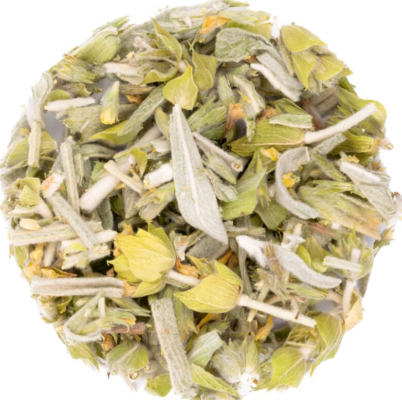Tea consultant Parveez Arshad Hussain from India raises the alarm bells when it comes to the tea industry in India. “The production figures are dismal, the only plus has been the high prices, but definitely not for all teas though.”
How are you coping with covid-19 in India?
As you must be aware we in India are standing in the third position as the highest covid 19 cases in the world and increasing every day despite a few total lockdowns. Our biggest challenge was to get the migrant workers back to their respective states as most of them lost their work due to the shut down which has affected businesses all around the country. The economy of the country is definitely not in a happy position now with some industries shutting down and whatever businesses are there are moving at a snail’s pace. The Tea industry also has been badly hit by the pandemic as the tea gardens were closed for a few weeks during the lockdown.
What do you normally do when it comes to the production of tea at this time of the year?
The tea season normally is from February end to mid December, with the exception of the Nilgiris where production continues throughout the year due to favorable growing conditions. The pandemic hit the industry as it was just starting the onset of the season or rather just the beginning of the first flush. As we say, the morning shows the day, here also if the first flush is good it normally is an indication of a good season ahead, but unfortunately gardens had to suspend operations due to the lockdown. Most of the areas are behind in production vis-à-vis last year. Only a little bit of a saving grace has been the attractive prices the teas have fetched. But overall not a very good situation.

How does covid-19 influence your tea making process?
Basically more precautions are being taken in the field and factories and as you are aware that this being a huge labour intensive industry, there are a lot of people working together and maintaining social distancing was an issue, but everywhere the workers cooperated beautifully at these new rules and regulations. Initially the government issued directives to use only 50% of the work force which has also resulted in poor crop.
How does it influence your business?
Very heavily I would say as the production figures are dismal, as I had mentioned earlier the only plus has been the high prices, but definitely not for all teas though.
How do the farmers cope with the current state of world economics? Can their businesses survive?
The small farmers initially made some good remuneration as the price of green leaf had been promising. But now the challenge would be continuing the same trend. As there will be a shortage of tea this year compared to last year, it is even more important for small farmers to be extremely cautious for control against any pest and disease. There has been widespread rains in few places of the tea growing areas in India with floods in few places of Upper Assam tea gardens.
Read Parveez first post: https://www.storiesabouttea.com/meet-tea-consultant-parveez-arshad-hussain-from-india/




